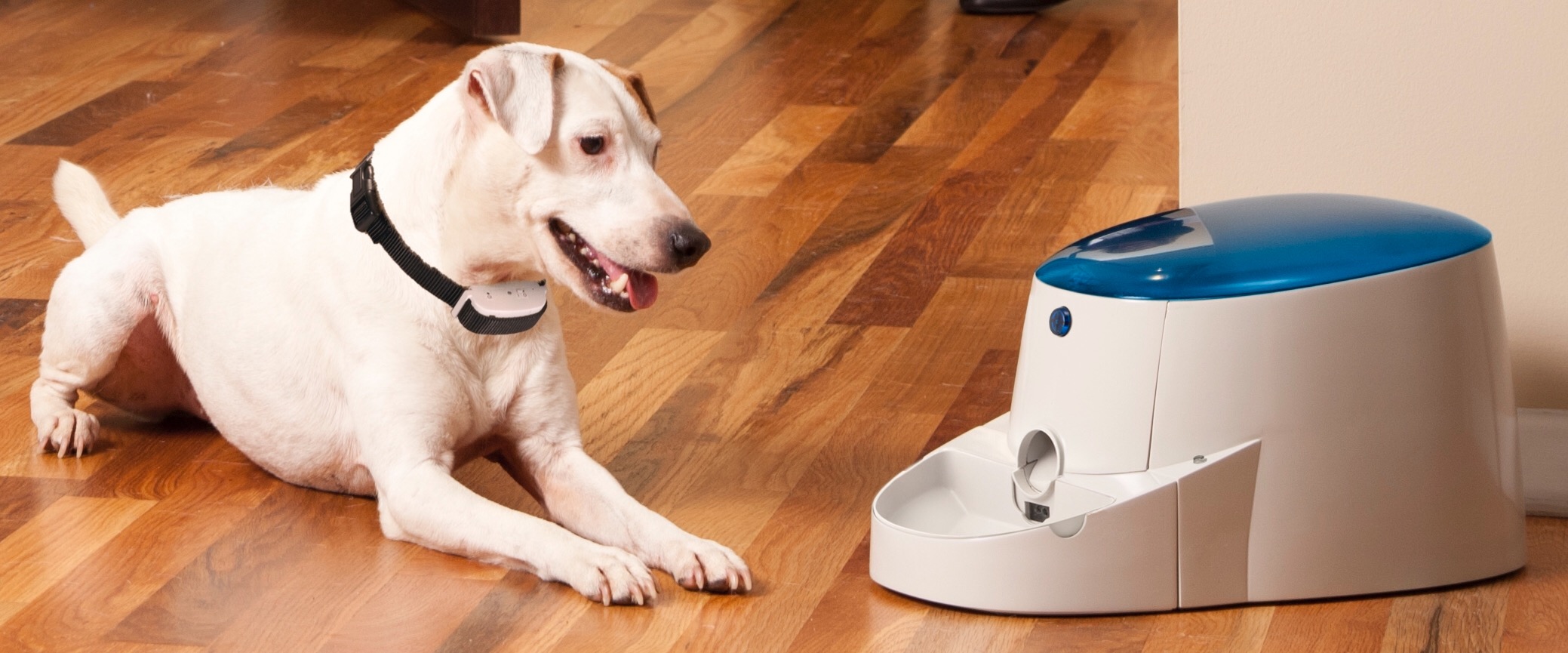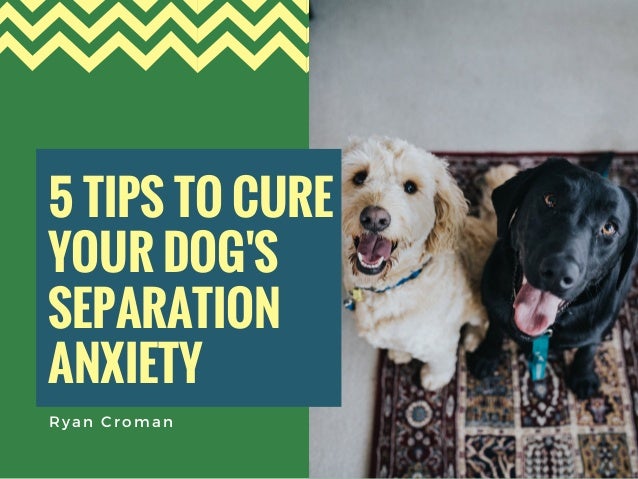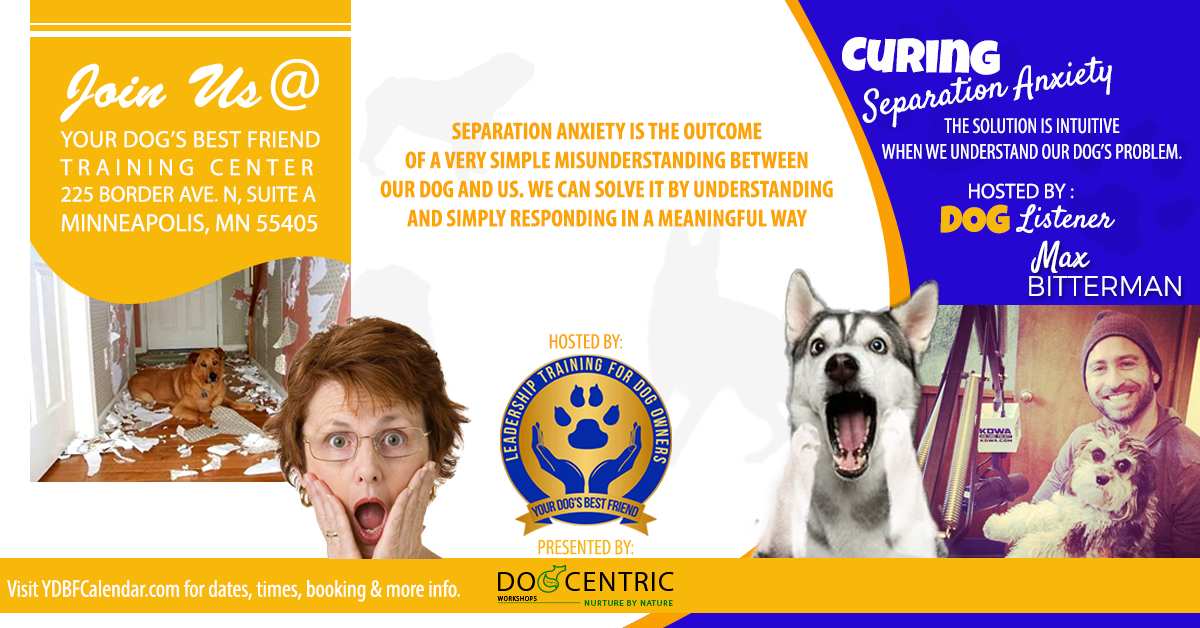

If your dog’s separation anxiety is only triggered when you or another family member leaves the house, whichever of you remains at home could soothe the dog by administering a doggie treat, petting and patting the dog gently, and offering soothing words of affection like, “It’s okay,” or “Don’t cry, doggie.”.As your dog shakes and plays with the toy, small bits of the snack will come out so your dog can eat them. KONG toys are rubber playthings filled with bits of kibble or other doggie snacks. For instance, you could give your dog a KONG toy when you leave the house.X Trustworthy Source American Society for the Prevention of Cruelty to Animals Leading organization dedicated to the prevention of animal cruelty Go to source You can do this by ensuring your dog has a positive experience when you leave the house.


Counterconditioning is a process whereby your older dog’s fearful or anxious reaction to separation changes to a happy, pleasant, or otherwise positive reaction. If your dog urinates or defecates when you are around as well as when you are not, it is probably not a case of separation anxiety.Alternately, it might be because you (and your dog) just moved into a new house and the dog wants to mark its territory. Urination or defecation in the house in a trained dog might also be due to a medication they recently started.As dogs age, they often lose control of their bowels due to urinary incontinence or other medical conditions. It is important to note that issues with either urination or defecation may or may not be related to separation anxiety in older dogs.Your dog might poop or pee right before or right after you walk out the door. If your doggie is house trained but suddenly starts voiding in the house, it might have to do with separation anxiety.


 0 kommentar(er)
0 kommentar(er)
